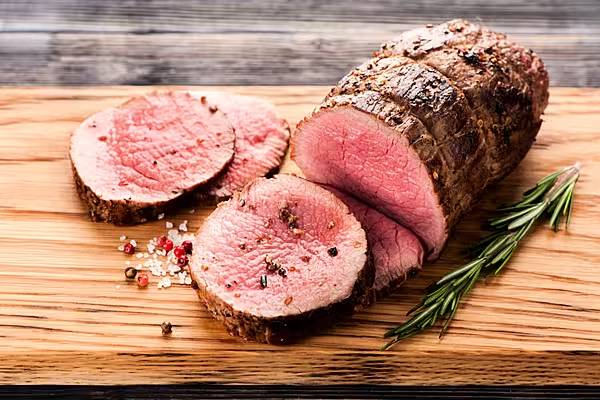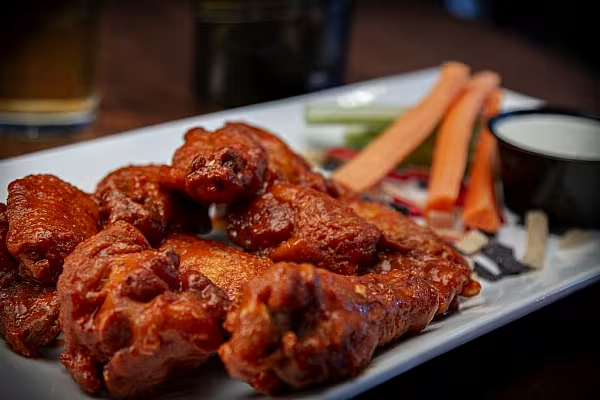China's beef imports will fall in the first half of 2020 due to fallout from the coronavirus outbreak, which is complicating the circulation of people and trade globally, Rabobank said in a report.
The situation may rein in Brazil's meat export bonanza, as domestic food processors were among the biggest winners of additional Chinese food import demand after African swine fever has disrupted local meat suppliers since around August 2018.
The bank said China's high inventory of frozen beef stored in local markets in preparation for the country's Lunar New Year holiday was not used in January due to the outbreak of coronavirus, which caused restaurants to close.
Some could remain closed until March as people continue to avoid eating out, Rabobank said.
"Quick service restaurants may be impacted the least, while hotpot and full-service restaurants will see sales decline markedly in the first quarter," the report said.
Citing uncertainties around to what degree coronavirus can be contained in the first quarter, Rabobank mentioned the possibility that the food service and tourism industries would remain disrupted through April or May.
'Lower Sales Volume'
"This lower sales volume means beef demand will be weaker than normal years in the first half," the bank said.
Brazil's total beef exports hit a record $7.5 billion in 2019 driven by strong demand from China, which accounted 26.6% of the volume exported by domestic beef packers, according to data compiled by meat association Abrafrigo.
If sales to Hong Kong are included, the combined volume rises to 45%.
Some of Brazil's main beef exporters include Minerva , JBS and Marfrig.
'A Moment Of Rebalancing'
Still, after a 2019 marked by record exports and prices, the Brazilian beef industry "is experiencing a moment of rebalancing of supply and demand," Rabobank said.
Brazil registered unprecedented price levels late last year due to strong beef exports, making the domestic market retract when the price increases reached the local consumer. Meanwhile the rainy season generated pasture growth, which lowers production costs but limits the supply of animals sent for slaughter, the bank noted.
"With [Brazil's] domestic consumption still considered weak and China reducing purchases due to the coronavirus, abattoirs are unwilling to pay higher prices to attract increased volumes," Rabobank said.
Although still 27% higher than in January 2019, Brazilian cattle prices in January dropped 9.8% from 211.97 reais per 15 kilograms in December, Rabobank data showed.
Aside from rise in the cost to buy cattle, rising animal feed costs constitute another challenge for Brazilian beef-packers, the bank noted.
News by Reuters, edited by ESM. Click subscribe to sign up to ESM: European Supermarket Magazine.














